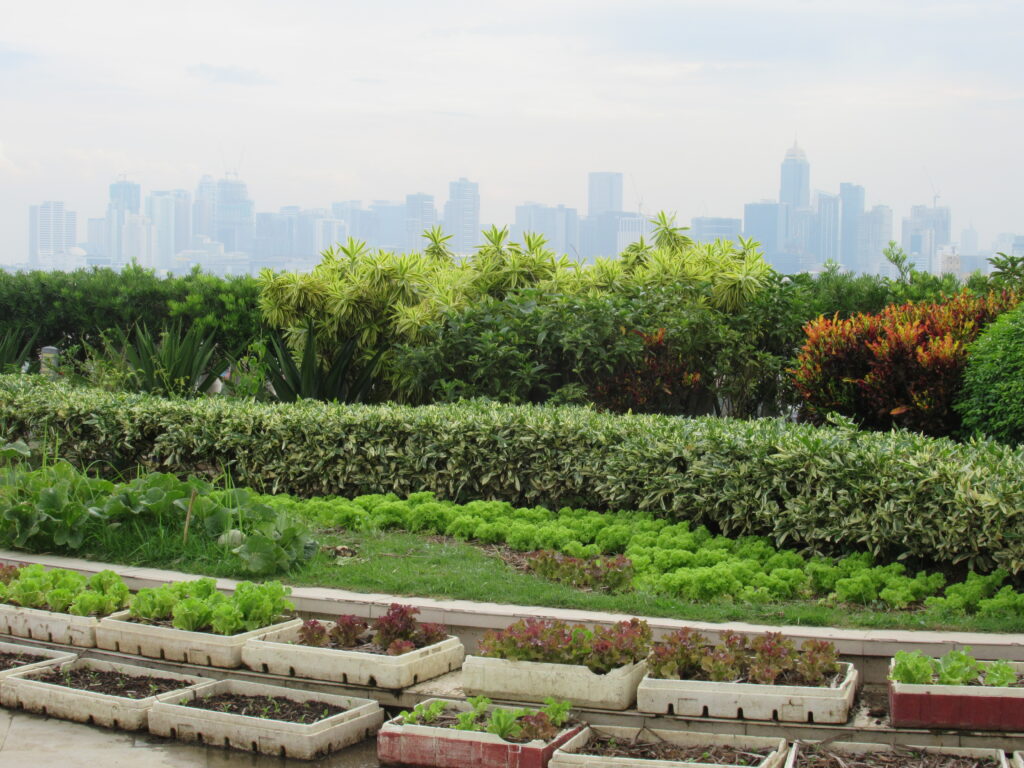Text by Henrylito D. Tacio
Photos: WWF-Philippines Imee Bellen
Davao and Tagum are the two cities from Davao Region that are among the 16 cities from the Philippines that qualify for the One Planet City Challenge (OPCC) 2021-2011, according to the World Wide Fund for Nature (WWF) – Philippines.
Three other cities in Mindanao – Cagayan de Oro, Dipolog, and Zamboanga – also made it to the list.
All five cities have qualified before, along with six others: Batangas, Makati, Pasig, Quezon City, San Carlos (Negros Occidental), and Santa Rosa.
Joining the roster of qualifiers for the first time are the cities of Baguio, Legazpi, Ormoc, San Fernando in La Union, and Vigan.
“The addition of five Philippine cities to the OPCC roster is a welcome sign of a more sustainable future. Also, we are grateful to the 11 recurring city participants that chose to continue their engagement as this means that OPCC provides greater encouragement to strengthen their commitments. We honor what these cities have achieved, and we look forward to working with them over the next two years,” said Imee Bellen, WWF-Philippines One Planet Cities Project Manager.
Participating cities will be submitting reports detailing their respective emissions, as well as their plans and goals for climate action in their localities. These plans will be checked by a panel of experts against a methodology derived from the Special Report on Global Warming of 1.5°C.
All the qualifying cities will then undergo an assessment framework to evaluate the city’s climate targets and their alignment with the Paris Agreement. Participants will also receive guidance on the most effective actions to help them along this decarbonization pathway towards net-zero by 2050 at the latest.
WWF-Philippines partnered with ICLEI Southeast Asia to guide participating Philippine cities on their reporting through a series of city workshops and consultations.

OPCC 2021-2022 was launched last April 15.
“Cities and local governments play a central role in combating climate change and are key actors in creating the climate-neutral, resilient future we need,” WWF-Philippines said during the launching.
“For this, WWF created the One Planet City Challenge (OPCC), a friendly competition that supports cities in developing climate action plans and targets that align with the Paris Agreement’s 1.5 °C maximum global warming goal,” it added.
The OPCC recognizes leading cities and inspires other cities to join the movement. This year, the OPCC celebrates ten years of engagement, “during which time we have seen the participation of nearly 600 cities in over 50 countries.”
For each run, OPCC awards a global winner for its sustainability measures. Previous OPCC global winners include Vancouver, Canada in 2013; Cape Town, South Africa in 2014; Seoul, South Korea in 2015; Paris, France in 2016; Uppsala, Sweden in 2018; and Mexico City, Mexico in 2020.
Local winners are also decided per participating country. Last year, Batangas City was hailed as the country winner for the Philippines. Santa Rosa was the country winner in 2016, while Pasig City took the top spot in 2018.
The OPCC is also an opportunity for WWF-Philippines to help local governments expand on their actions to combat climate change. Over the next two years, WWF-Philippines will be working closely with participating cities to help them analyze their climate action plans and identify solutions to meet their mitigation and adaptation targets.
The United Nations estimates that approximately 4.2 billion people live in cities and urban centers, which amounts to 55% of the worlds’ population. According to UN Habitat, cities produce 60% of greenhouse gas emissions. Reducing the carbon footprints of cities is a crucial step toward combating climate change.

